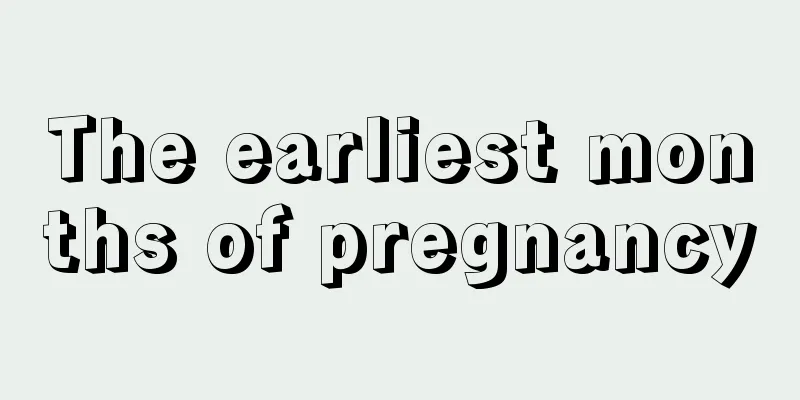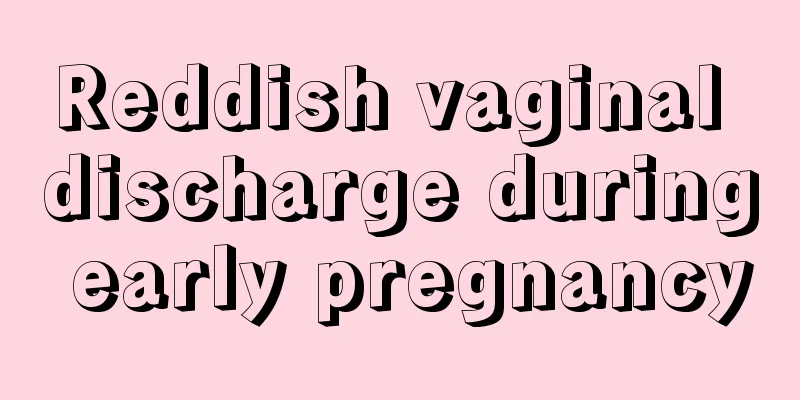Relationship between menarche, menopause age and breast cancer incidence

|
Breast cancer is the most common malignant tumor in women worldwide. There are many factors behind it. Among them, reproductive factors are particularly closely related to breast cancer, which is mainly related to the role of ovarian hormones. At the beginning of puberty, the secretion of ovarian hormones lays the foundation for a woman's life. Menarche, menopause, pregnancy and breastfeeding, as well as the accompanying hormone imbalance, may all become potential carcinogenic factors. Age at menarche: Puberty is the period when hormones in women change most significantly. Earlier menarche often means longer exposure to estrogen, which increases the risk of breast cancer. Studies have shown that women with a younger age of menarche have about twice the risk of breast cancer as women with an older age of menarche. A long-term follow-up study involving 50,884 women also found a positive correlation between age at menarche and breast cancer risk. This means that earlier menarche may lay the groundwork for future health risks. Age of menopause: Age at menopause is also associated with breast cancer risk. Women who reach menopause over the age of 50 face a higher risk of breast cancer. A case-control study further confirmed this association, showing a significant relationship between age at menopause and breast cancer risk. As women age, changes in the hormonal environment in the body may provide conditions for the occurrence of breast cancer. Pregnancy and breastfeeding Pregnancy seems to provide women with a natural protection from breast cancer. The risk of breast cancer gradually decreases with increasing parity. For older pregnancies with first pregnancies, the risk may even exceed 30%. In addition, early pregnancy has a significant protective effect on women with BRCA1/2 mutations. Women who have not given birth are 30% more likely to develop breast cancer before the age of 50 than women who complete pregnancy early. Several studies have shown that breastfeeding can reduce the risk of breast cancer. The World Health Organization recommends breastfeeding for at least 6 months after giving birth. Studies have shown that women with a history of breastfeeding have a nearly 40% lower risk of breast cancer. Breastfeeding not only provides nutrition for babies, but may also play an important role in preventing breast cancer. abortion The impact of miscarriage on breast cancer risk has been controversial. Some studies suggest that miscarriage is a risk factor for breast cancer, while other studies have found no clear association. Reproductive factors play a vital role in women's lives. They not only affect fertility and hormone levels, but are also closely related to the risk of breast cancer. Understanding these factors can help women pay more attention to their health and take preventive measures in time to reduce the risk of breast cancer. |
<<: Cancer prevention secrets in diet: the secrets of green foods and onion vegetables
>>: Gastric polyps: potential risk of gastric cancer
Recommend
How long after an abortion can I have sex?
How long will it take to have sex after an aborti...
QuestMobile: 2020 WeChat Mini Program Half-Year Report The epidemic has catalyzed the WeChat Mini Program to break through the thousand-user mark, and the battle for commercial value has quietly begun.
Dear friends, what did you think of the last &quo...
What is the reason for the black leaf edge of the money tree? How to grow the money tree well?
Money tree is very common in life. Because of its...
Lower back pain in early pregnancy
Pregnancy is a special period that most women hav...
Picture of light blood after menstruation
Many women notice that they have fresh blood disc...
What are the clinical symptoms of influenza A? How to treat it? How to prevent influenza A virus infection?
After the spring semester started, more kindergar...
When is the best time to drink lemon water? The correct way to make lemon water
Lemon is really a good thing. This method is simp...
Where is the female urethra?
Male friends should be more clear about where the...
What to do if you don't want to get pregnant during breastfeeding
Many people become pregnant during their breastfe...
10 stupid things women should never do during their period
Women are very vulnerable, especially during mens...
Beijing CDC reminds: This infectious disease is prone to occur in schools, pay attention to six points for prevention
Editor's note: Autumn and winter are the peak...
What causes flat warts on the chest?
In our daily life, we often see patients with fla...
How to lose shoulder and back fat
In the Tang Dynasty, everyone pursued fat beauty,...
I have a big pimple on my vulva and it hurts
Women's physiological phenomena are very spec...
Can I drink milk powder during menstruation?
The main raw material for making milk powder is c...








![[Medical Q&A] Why do some lung cancer patients need PET-CT?](/upload/images/67f0e2f5225ac.webp)
